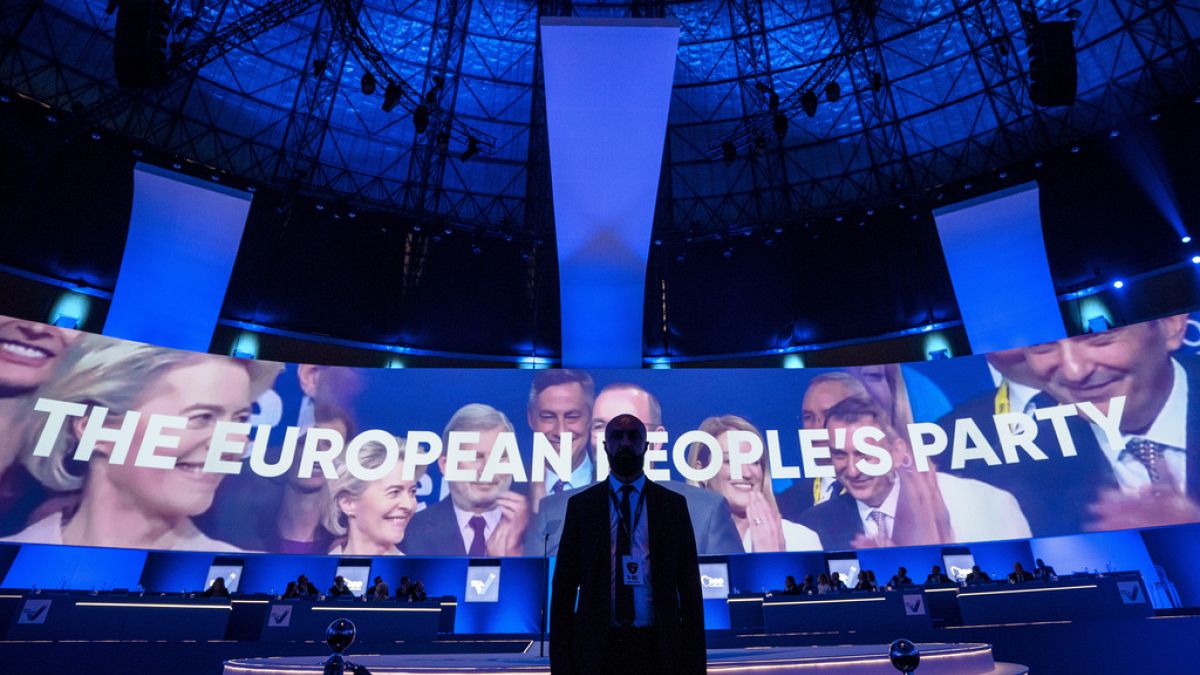


In a significant meeting held in Berlin on January 18, 2025, leaders of the European People's Party (EPP) outlined their strategic priorities for the upcoming year, emphasizing the need to address illegal migration and bolster economic competitiveness [cd92cfbe]. Friedrich Merz, the leader of the EPP, highlighted the alarming increase in the European Union's GDP gap with the United States, which has grown from 17% in 2002 to 30% in 2023. He attributed this economic decline to lower productivity levels within the EU [cd92cfbe].
The EPP's agenda includes proposals to simplify laws and ease corporate sustainability regulations, aiming to enhance the business environment and stimulate growth [cd92cfbe]. This focus on economic reform comes at a time when Germany is grappling with its own economic challenges, including a shrinking economy and rising public discontent regarding the current government's handling of these issues [c3c74b3f]. As the coalition government led by Chancellor Olaf Scholz faces a confidence vote on January 15, 2025, the EPP's emphasis on competitiveness could resonate with voters seeking effective solutions to economic instability [c3c74b3f].
The EPP's priorities also reflect a broader trend within European politics, where parties are increasingly focusing on migration as a key issue. The rise of hard-right parties across Europe has prompted mainstream parties like the EPP to reassess their strategies to retain voter support [cd92cfbe]. As Germany prepares for potential snap elections in February 2025, the political landscape is becoming increasingly polarized, with economic issues and migration at the forefront of public discourse [c3c74b3f].
In the context of these developments, the EPP's proposals may influence the direction of economic policy not only in Germany but across the EU, as member states grapple with similar challenges related to productivity and migration [cd92cfbe]. With the automotive sector, a cornerstone of Germany's economy, facing significant challenges, including Volkswagen AG's decision to reconsider its domestic operations, the urgency for effective economic policies has never been greater [bfc3388f].
As the EPP and other political factions prepare for the upcoming elections, the interplay between migration, economic competitiveness, and public sentiment will be critical in shaping the future of Europe [cd92cfbe].